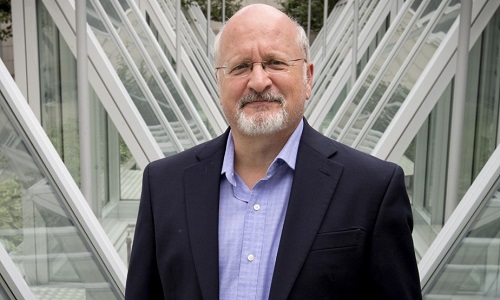By CRM Staff
Toronto, Ontario — March 28, 2019 —The Montreal Economic Institute isn’t sold on Quebec’s investment to “encourage” the purchase of electric vehicles.
To date, the province has spent more than $220 million in subsidies, with plans in place to extend the program for two more years. MEI believes that the public policy is both expensive and highly ineffective, having very little impact on greenhouse gas (GHG) emissions.
If Quebec were to achieve its goal of having a million fully electric vehicles on its roads by 2030, which is 20 times more than it has now, GHG emissions would only be reduced by 3.6 percent compared to the current level.
“It’s a pure waste!” said Germain Belzile, senior associate researcher at the MEI. “And that’s not including the $300 million in purchase subsidies that the federal government just announced, plus the hundreds of millions that Quebec and Ottawa are going to spend to develop the network of charging stations. All of this for a minimal result in terms of emission reductions.”
Until now, the $8,600 subsidy granted by the province cost taxpayers slightly under $3,000 per tonne of GHGs not emitted. Factoring in the new $5,000 federal subsidy, the cost per tonne of GHGs not emitted spikes to more than $450, 23 times the carbon market price of the federal tax amount.
“The cost of the subsidy is very high when you consider that in Quebec, with the carbon market, the cost to avoid emitting one tonne of GHGs is actually around $20,” said Belzile. “Think about it: You can choose between a cost of $450 or $20, for two policies that have the same objective.”
The prices of electric cars are forecasted to be competitive with those of gas-powered vehicles as of 2024, without subsidies, and that they will then continue to decrease, achieving parity before the end of the decade, with the cost of batteries continuing to fall.
“Our governments should eliminate the subsidy programs without delay since Quebec and Canada have already set a price for carbon. And as argued by the latest economist to win the Nobel Prize, William Nordhaus, such a price mechanism should replace all subsidies that have the same goal. It’s just common sense,” said Belize.
The MEI is a public policy think tank that stimulates debate on public policies in Quebec and across Canada by proposing reforms based on market principles and entrepreneurship.





































